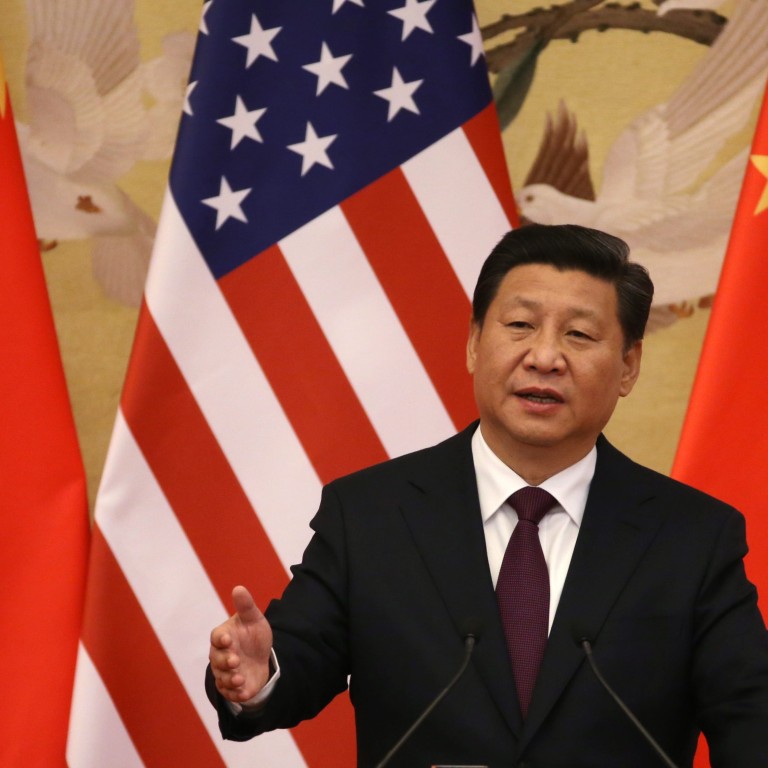
Amid visa doubts for US journalists, does China value objective reporting?
Frank Ching looks at the visa problems facing some foreign journalists in China
With the end of the year approaching, foreign correspondents in Beijing again have to seek an extension of their journalists' visa. Some American reporters are by no means certain they will be renewed.
In a joint press conference with United States President Barack Obama, President Xi Jinping was asked if, in view of a Sino-US agreement on 10-year visas for businesspeople and tourists, it was "time to extend that sort of right to foreign correspondents who seek to cover your country?". The reporter said several US news organisations, including , "have had issues with residency permits in China being denied".
This issue stems from 2012. That July, Bloomberg News published a report on the wealth of Xi's extended family, months before he was due to take over as China's leader. A few weeks later, published a similar investigative piece on the wealth of the family of then premier Wen Jiabao . The Bloomberg article asserted that no assets were traced to Xi, his wife or daughter, and that there was "no indication Xi intervened to advance his relatives' business transactions". Still, it no doubt created problems for Xi.
Since 2012, the two media companies have not been given new resident visas and, each year, the renewal of existing visas has been in doubt. Two weeks ago, China's US ambassador, Cui Tiankai , addressed the issue in an interview with . The magazine quoted him as saying: "If they really want to see changes, they could start with themselves. They know what to do and they know how to do it. The question is whether they have this motivation or determination."
When Xi faced the same question last week, he responded: "When a car breaks down on the road, perhaps we need to get out of the car to see where the problem lies … In Chinese, we have a saying: 'The party which has created a problem should be the one to help solve it.' So perhaps we should look into the problem to see where the cause lies."
That is to say, reporters should look at their own work to see why they may not be welcome in China. Xi also said foreign journalists had to obey "China's laws and regulations". But apparently there is no law barring reporting on the wealth of leaders' families.
has defended the Chinese government, saying that visas for journalists were "based strictly on reciprocity, not a unilateral decision of the Chinese government".
This is true in that the US is in a position to terminate visas for Chinese journalists, but it doesn't do so out of respect for press freedom. If the US decided to expel a Chinese journalist every time China expelled an American one, that would be reciprocity and would perhaps help to solve the issue.
In a way, through its action, China acknowledges the value of objective reporting. Each day, it issues for internal circulation among senior officials a publication, , or reference materials, based entirely on foreign news reports. If reporters in all countries had to submit to self-censorship, such a journal would have much less value.

